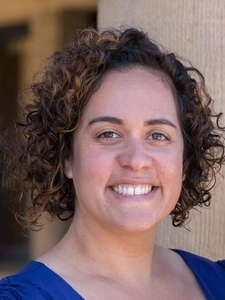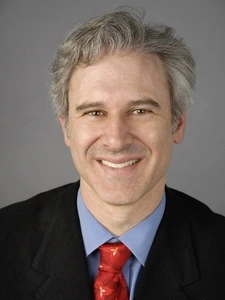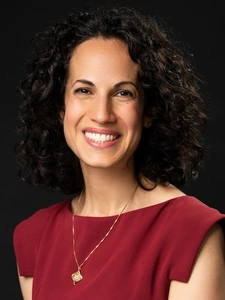Fellows participate in an interdisciplinary core curriculum that includes coursework in quantitative methodologies, experimental research designs, implementation research, and education policy. In addition, fellows will participate in ongoing research with faculty mentors and research organizations (1 year minimum) and complete a year-long policy/practice apprenticeship with education agencies or in practice settings that actively produce and use research. The training program includes an ongoing interdisciplinary seminar on conducting rigorous, applied education research, and methods workshops that complement training available through courses and professional networking support.
Fellows will gain expertise in interdisciplinary research methods, including randomized controlled trials of education programs, policies, and practices. They will be part of an intellectual community of peers and faculty who share interests in rigorous applied education research that is actionable, equitable, and used. The program structure provides scaffolding that enables fellows to attain broader and deeper skills without materially altering their time to degree completion through weekly lectures, special trainings, apprenticeships, and participation in research conferences.
In addition to spending 15 to 20 hours a week in an approved research or practice apprenticeship, fellows are expected to participate in the program’s seminar series, attend program-supported trainings that address skills needed for the Certificate of Advanced Studies, participate in at least one professional conference annually, capitalize on opportunities to present their own work or collaborative work in workshops and at conferences, and send all publications they co-author based on work they do during their fellowship to the ERIC Clearinghouse.
























